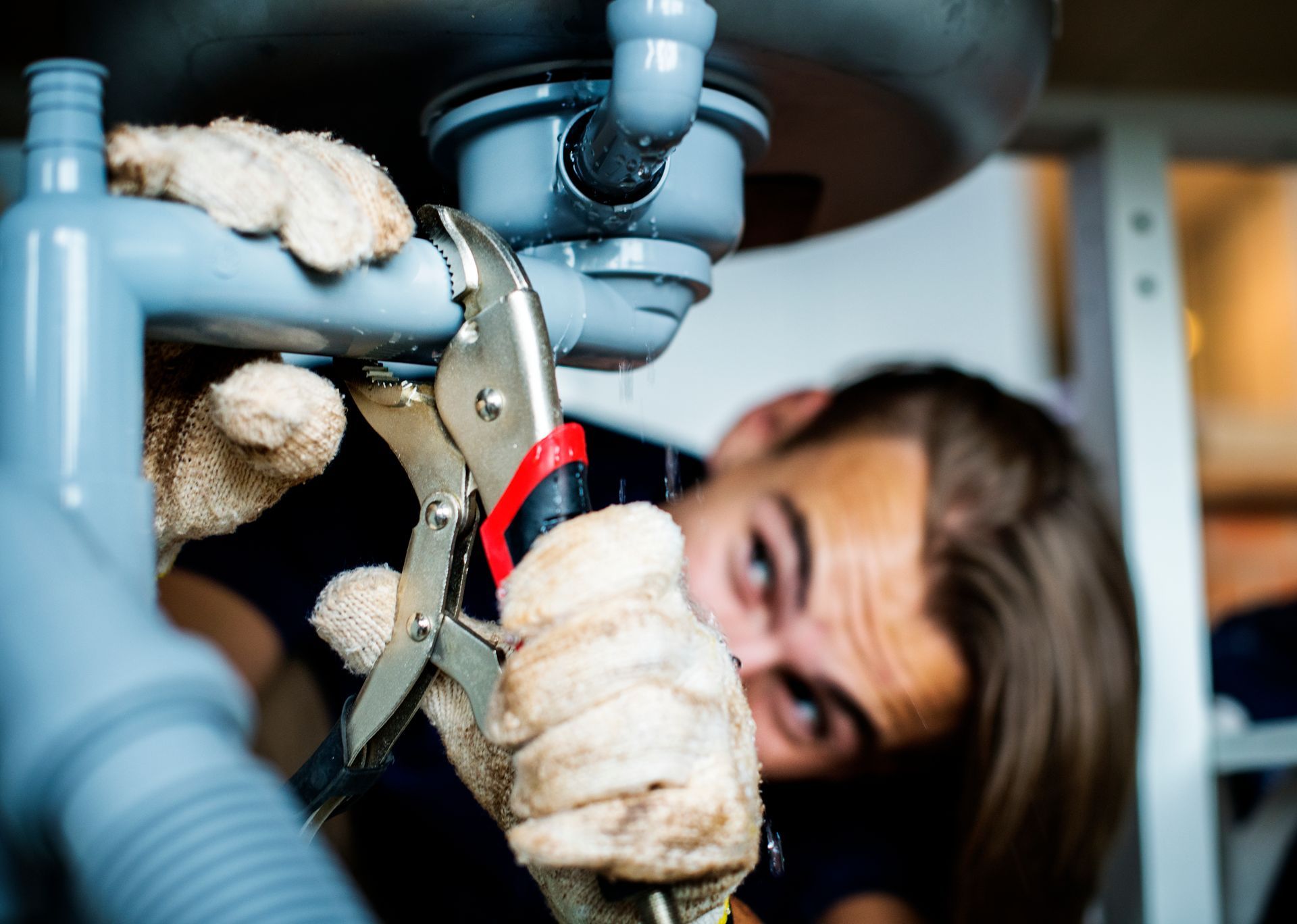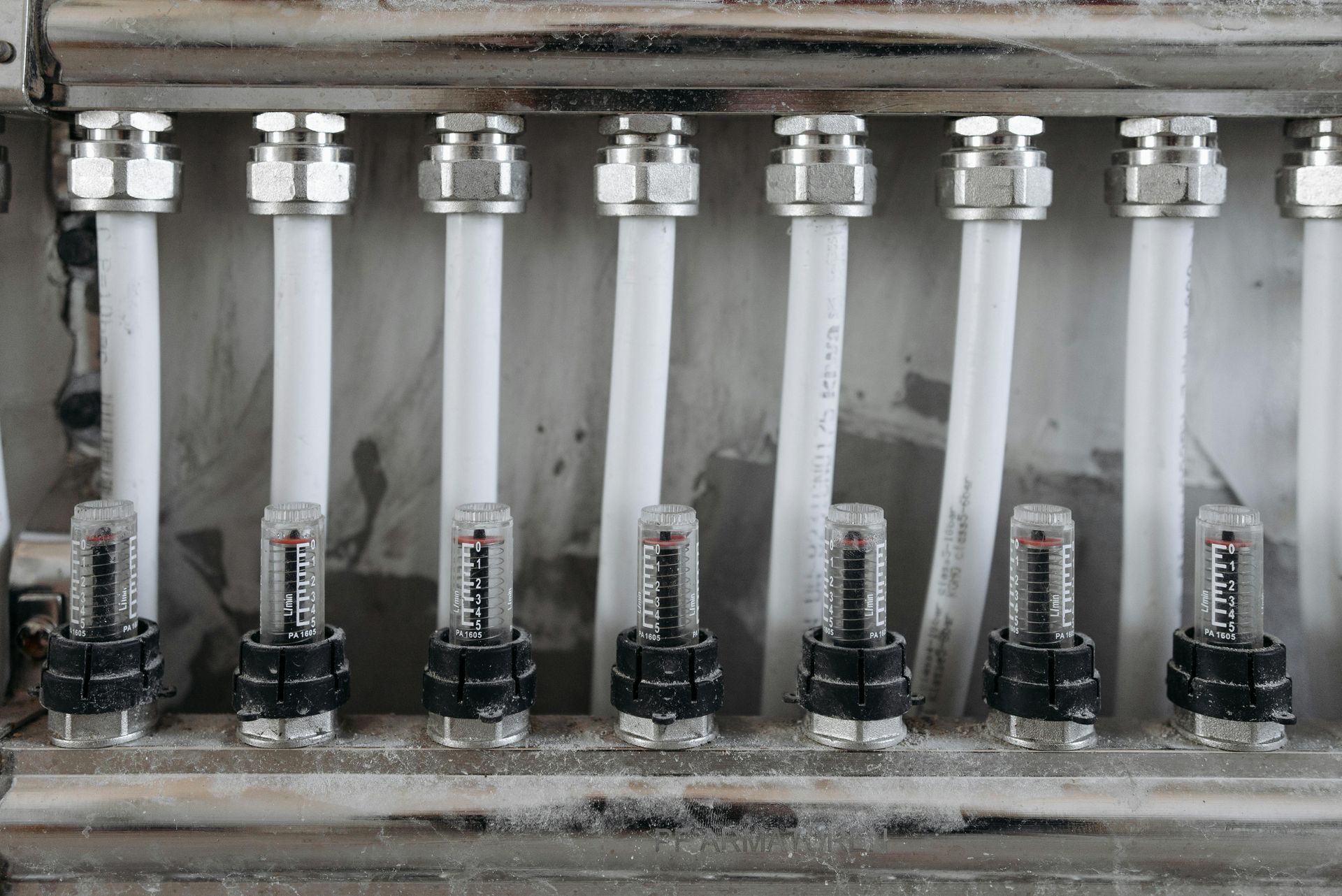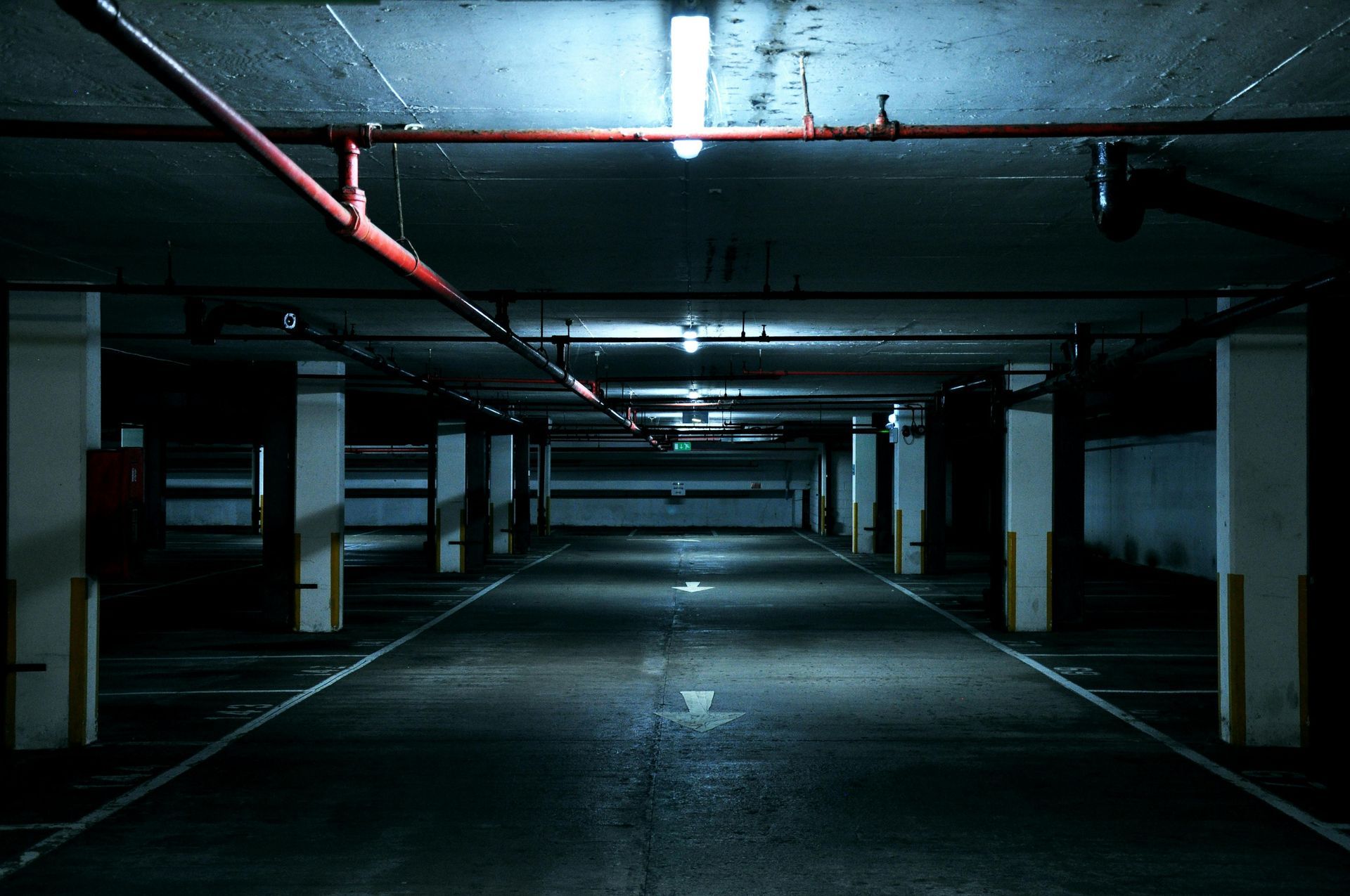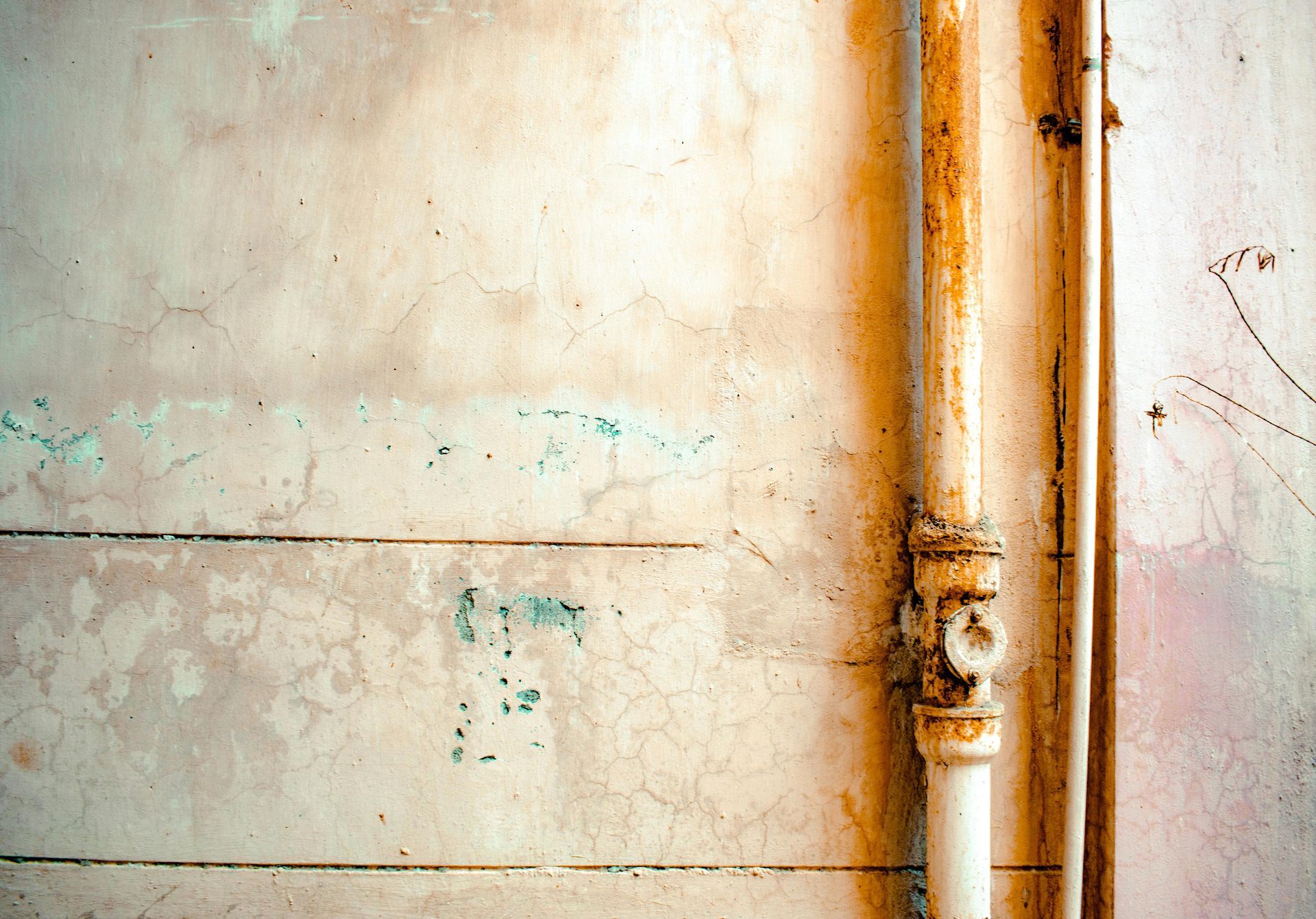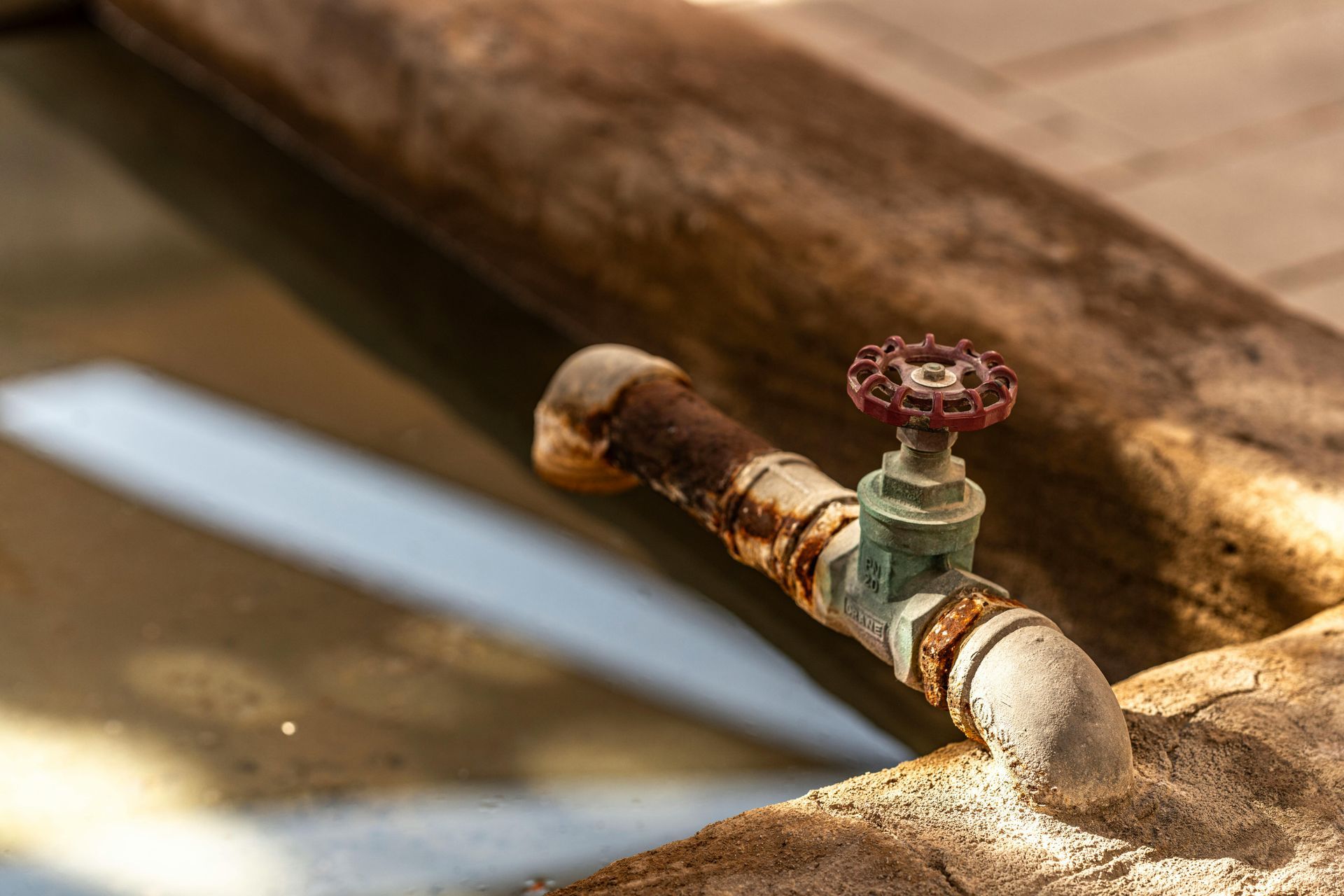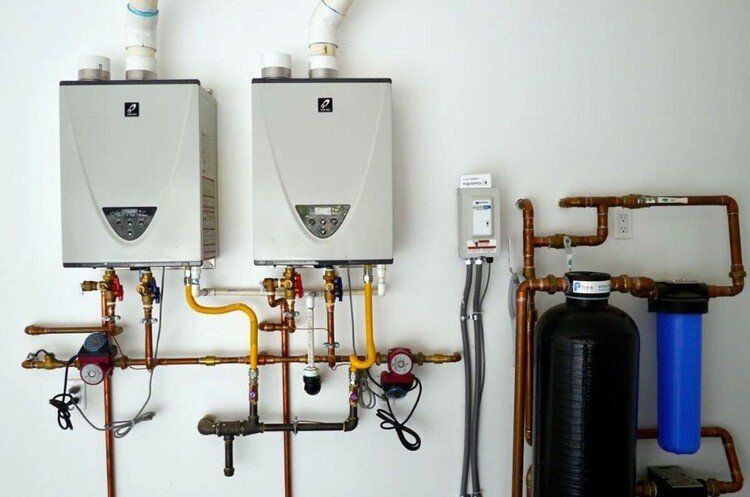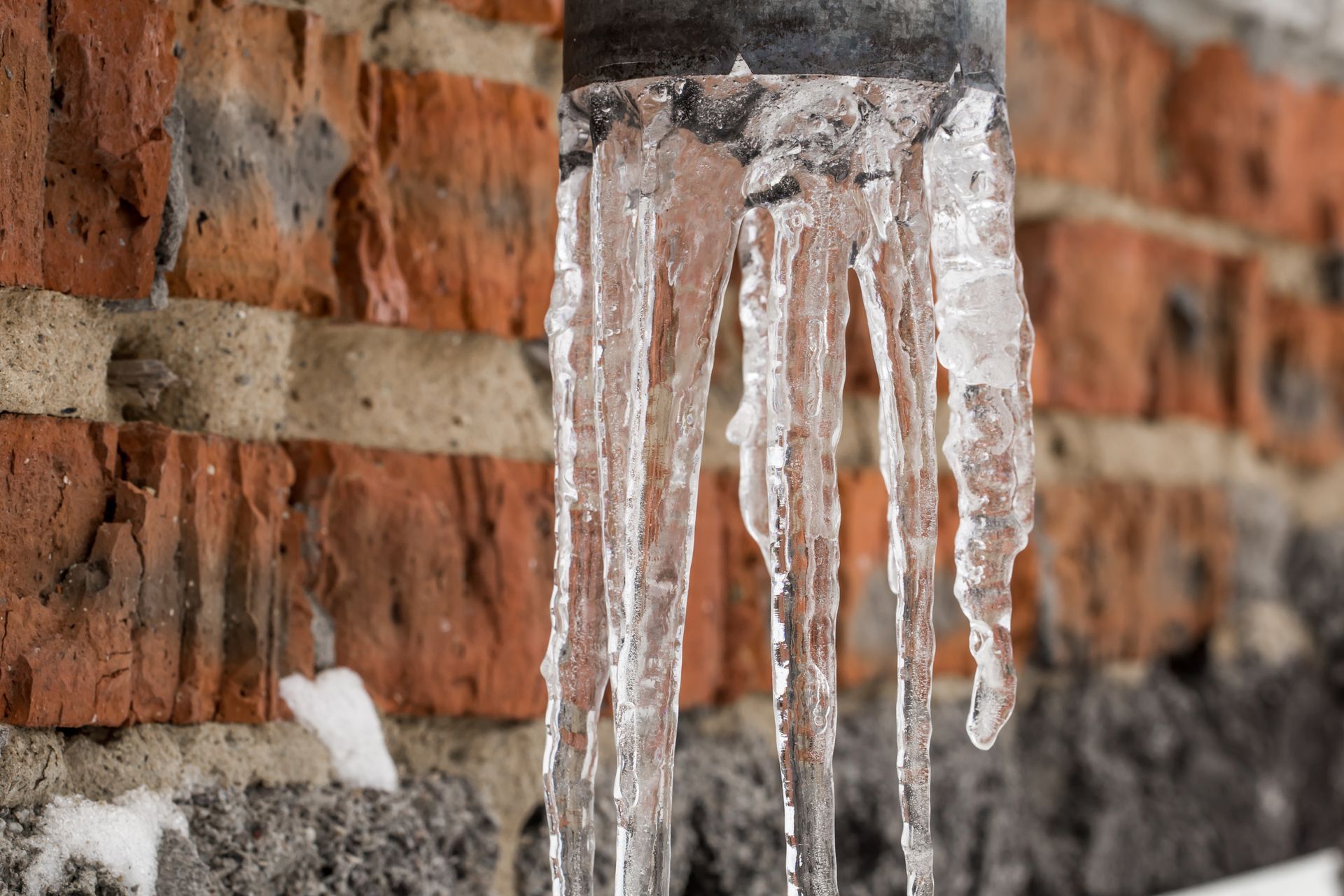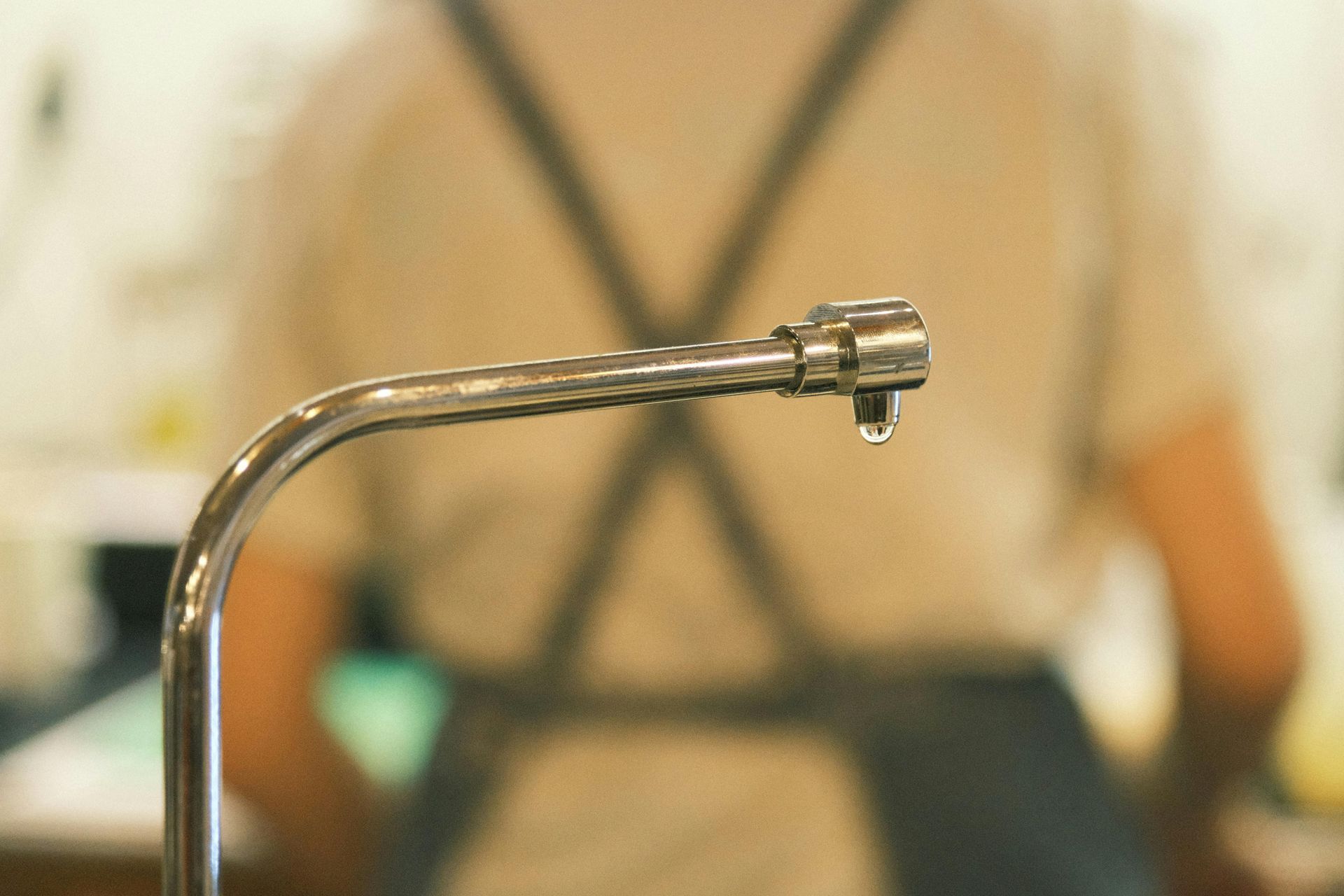Why Noisy Pipes Could Point To Bigger Problems?
Noisy pipes in a home or commercial building are often dismissed as minor annoyances, but they can signal underlying problems that, if left unaddressed, may lead to significant plumbing failures. Understanding why noisy pipes occur and recognizing the potential risks associated with these sounds is crucial for maintaining a safe and efficient plumbing system. This article explores the common causes of noisy pipes, the implications of ignoring them, and the importance of professional evaluation and maintenance, including services offered by All City Plumbers, emergency services when urgent problems arise, and incorporating seasonal plumbing tasks for homeowners into regular upkeep.
Common Causes of Noisy Pipes
Pipes can produce a variety of sounds, including banging, rattling, whistling, or knocking, each indicating different issues within the plumbing system. One frequent cause is water hammer, which occurs when water flow is suddenly stopped or redirected, causing a shockwave that shakes the pipes. Water hammer may be triggered by quickly closing faucets or malfunctioning valves.
Another underlying cause is loose or improperly secured pipes. As water rushes through, unsecured pipes vibrate or collide with walls and framing, creating disruptive noise. Over time, the physical movement can loosen connections or cause abrasion, increasing the risk of leaks.
High water pressure can also contribute to noisy pipes, generating vibrations and loud flow sounds throughout the system. Additionally, mineral buildup inside aging pipes reduces pipe diameter, accelerating water velocity and causing turbulent flow that produces noise.
In some cases, deteriorating pipe materials or damaged components such as valves and faucets generate unique sounds that signify wear and potential failure.
The Risks Associated with Ignoring Noisy Pipes
While some homeowners may accept noisy pipes as harmless background sounds, these noises can be early indicators of more severe problems. Water hammer, if left uncorrected, can cause pipe joints to crack or fittings to loosen, resulting in leaks or even bursts that may cause substantial water damage.
Loose pipes are not only a source of unsettling noise but also a structural concern. Constant vibration wear can weaken pipe supports and lead to failure points that might necessitate emergency services to mitigate flooding or water intrusion.
High water pressure exacerbates wear on the entire plumbing system, leading to premature aging of appliances, fixtures, and pipe materials. Over time, this increased strain can heighten the chance of system failure.
Additionally, noisy pipes may be symptomatic of corrosion or hidden damage requiring timely professional attention. Ignoring these warning signs commonly leads to more expensive repairs and extended downtime, disrupting normal household or business activities.
Diagnosing and Addressing Noisy Pipes
Proper diagnosis of noisy pipes involves a detailed inspection to identify the noise sources and evaluate associated risks. Professional plumbers use specialized tools such as pressure gauges, pipe locators, and acoustic equipment to pinpoint issues effectively.
Correcting water hammer often entails installing or repairing water hammer arrestors—device cushions that absorb shockwaves. Securing loose pipes with clamps or brackets reduces vibration-related noise and prevents structural damage.
Adjusting water pressure through pressure-reducing valves not only quiets pipes but also protects your plumbing system from premature wear. In situations where mineral buildup is significant, pipe cleaning or replacement might be necessary.
All City Plumbers specialize in comprehensive evaluations and targeted repairs designed to resolve noise problems while enhancing system longevity and performance. Their expertise helps homeowners avoid emergency situations by addressing root causes proactively.
Integrating Noise Management with Routine Plumbing Maintenance
Noise management should be an integral part of broader plumbing maintenance strategies. Including noise inspections in regular seasonal plumbing tasks for homeowners can detect and resolve issues early, preventing escalation.
Routine maintenance by professional plumbers ensures that components remain in good working order, water pressures are balanced, and pipes are securely fastened. Inspections can also reveal emerging problems such as corrosion or valve malfunctions before they cause noticeable noise or failures.
Preparing plumbing systems to withstand seasonal changes, such as winter freezes or summer surges, further reduces stress on pipes, minimizing the occurrence of noise and damage. Regular collaboration with trusted professionals like All City Plumbers guarantees expert guidance tailored to your home’s plumbing system.
When Emergency Services Are Needed
Sometimes, noisy pipes may be a precursor to urgent plumbing failures like major leaks, burst pipes, or valve ruptures. When symptoms escalate to water pooling, persistent dripping, or visible pipe damage, prompt emergency services are critical to limit property damage and high repair costs.
Experienced plumbing companies maintain emergency response teams ready to address such situations quickly. Their swift action often prevents widespread water damage, mold growth, and secondary structural issues, saving homeowners time, money, and stress.
Conclusion
Noisy pipes are much more than a nuisance—they are often an early alert to deeper plumbing issues that can cause significant damage if overlooked. Understanding the common causes and risks associated with pipe noise empowers property owners to seek timely and effective solutions.
Professional assessment and repair by specialists like All City Plumbers, integrated with routine seasonal plumbing tasks for homeowners, form the best defense against escalating plumbing problems. Addressing pipe noise promptly not only restores peace and quiet but also protects your home from costly emergencies, ensuring a safe and reliable plumbing system for the long term.

